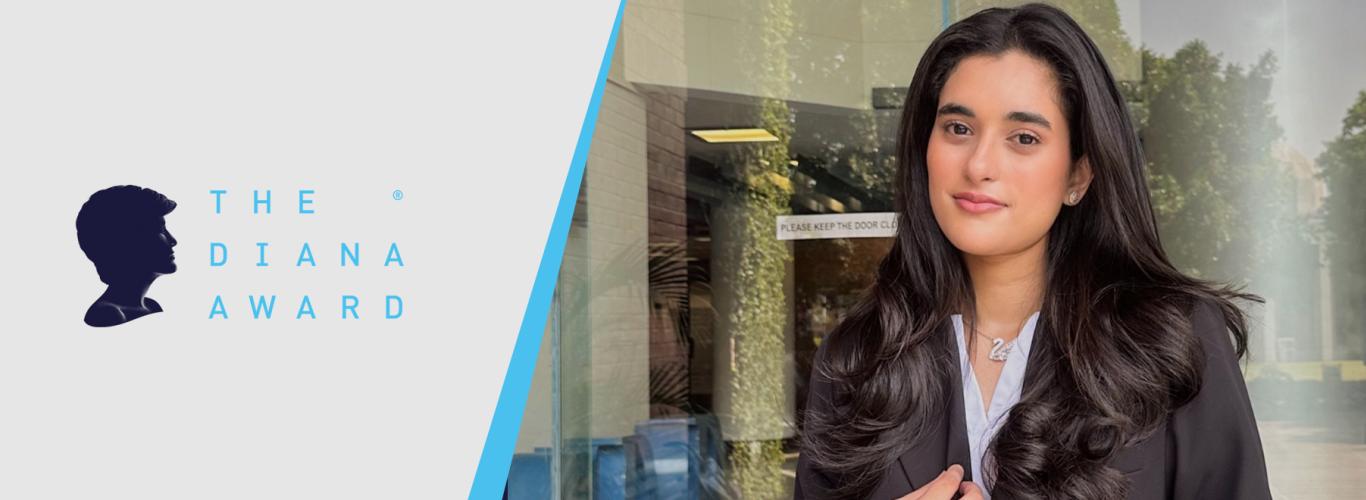LUMS Young Changemaker Awarded Diana Award 2024
It is not every day that a Business graduate steps into the world of environment and education and excels in it. Zoha Waqas Aslam Malik, a 2024 BSc Management Sciences graduate of the Suleman Dawood School of Business (SDSB) at LUMS has been awarded the Diana Award 2024. Malik is among the 2% of Pakistani youth to receive this global accolade— described as ‘one of the highest honours a young changemaker can achieve’— for her work on SavePakistan.crypto and Tayaba.org.
“It's about believing in potential, experimenting, learning, and taking action to create meaningful change. Whether it’s being part of a project that empowered over 30,000 climate-vulnerable communities with basic survival essentials by leveraging cutting-edge technologies in just a few days, or providing social and academic support to over 100 students across four years at LUMS, it’s been about more than quantifying outcomes or measuring the time invested. It’s been about creating real and lasting impact,” says a dedicated Malik.
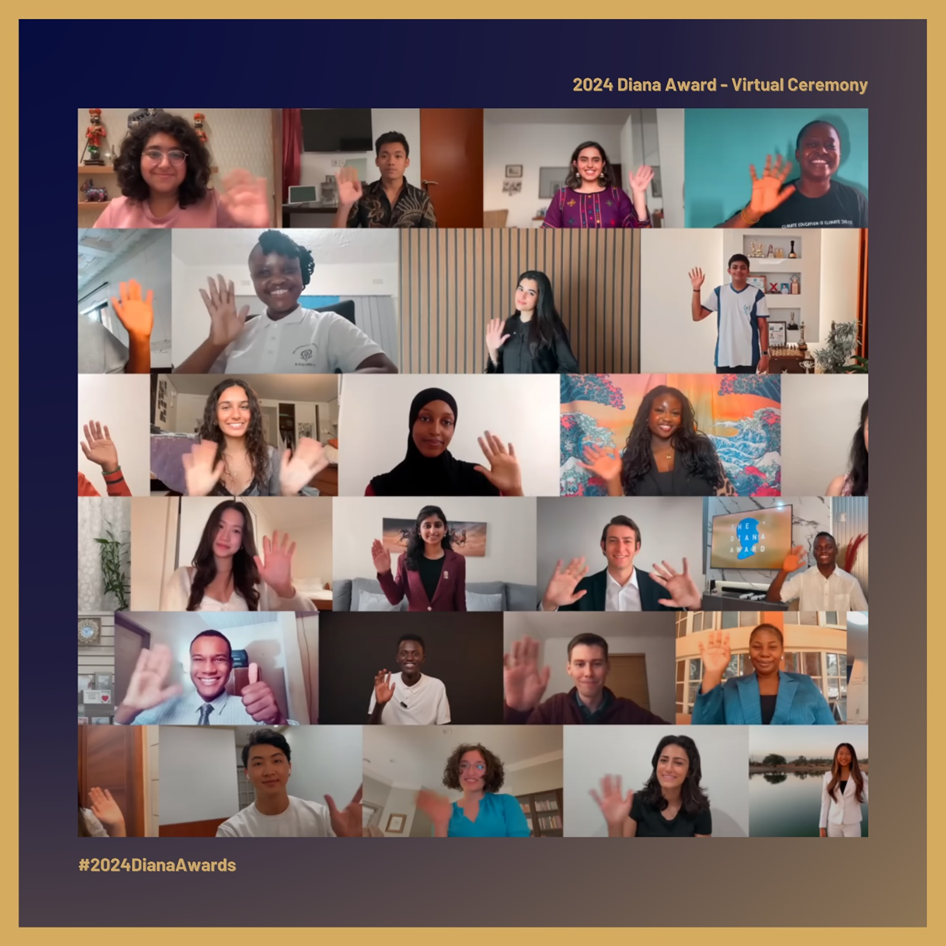
While taking the path less trodden, Malik strongly felt that her School shaped her ambition. “At SDSB, we were always encouraged to embrace one powerful ideology: ‘look at everything from multiple lenses.’ That mindset shaped my journey,” she says. “When I turned my focus to climate change, I viewed it through the lens of business with purpose.”
Adding to this, Malik reiterates, “When people ask, ‘You studied business, so why work in climate?’ my answer is simple: ‘I studied business to work in climate business.’ The climate crisis needs more than charity; it demands problem-solving, action, and purpose-driven business solutions. For me, this isn’t just work—it’s a calling to bring innovation and impact to the forefront of climate change.” And this is exactly what she went on to do.
Pakistan is the fifth most climatically vulnerable country, facing an urgent need for robust systems and efficient technologies to address this crisis. Climate change isn’t just an environmental challenge; it’s an opportunity to drive transformative impact through innovative, purpose-driven business solutions. That’s exactly the shift Tayaba is leading; it is rethinking how climate action can be approached, using models like climate finance, carbon markets, incentivised stakeholder engagement, trackable supply chains, and real-time distribution systems.
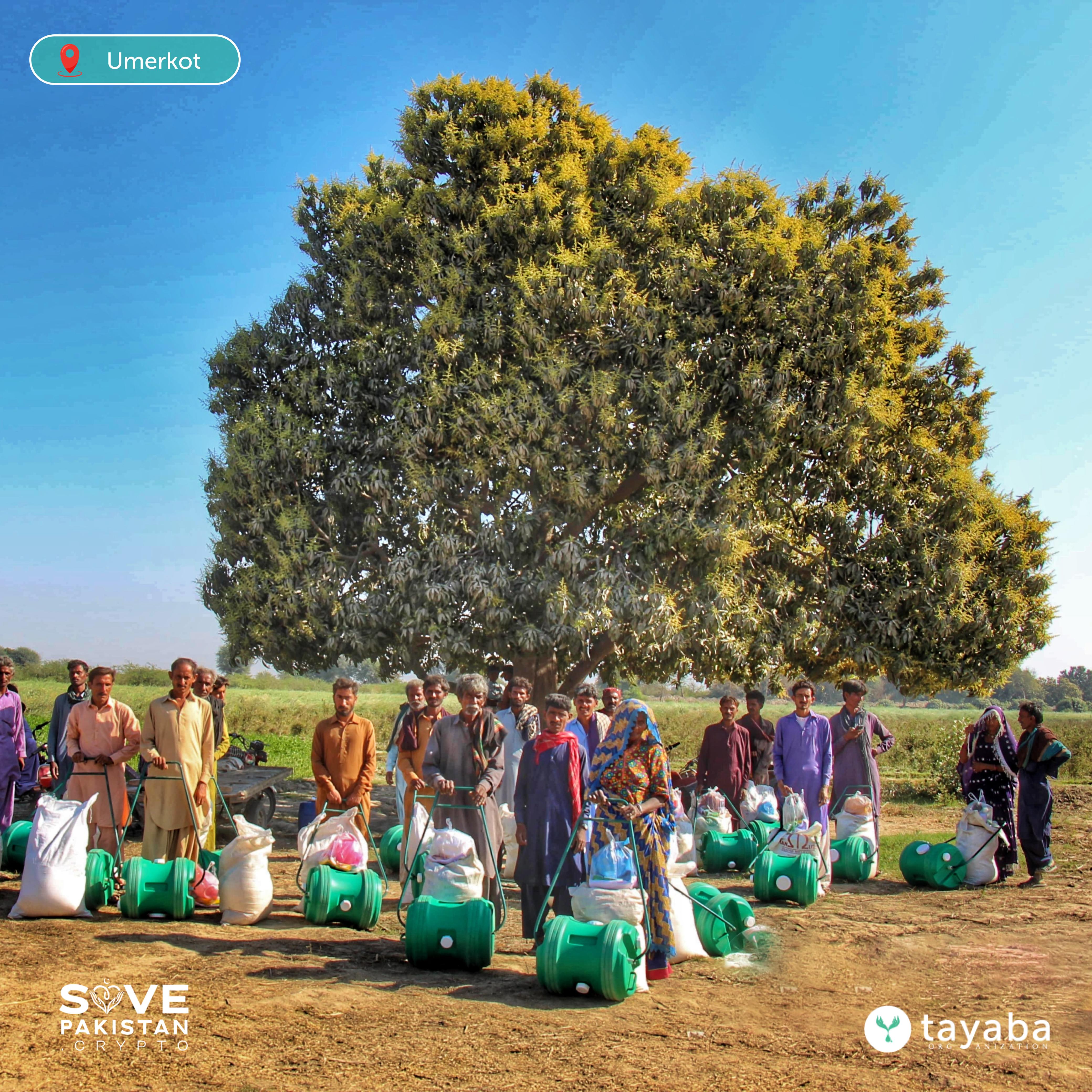
During her sophomore year, Malik was immersed in an environment that constantly challenged her to reflect, grow, and uncover her true potential. LUMS nurtured this mindset, encouraging her to take a multi-dimensional approach to her ambitions.
“The dynamic ecosystem at LUMS allowed me to thrive in a space where creativity and innovation were not just encouraged but expected. Balancing academics, extracurriculars, and leadership opportunities, I learned to multitask, think critically, and work collaboratively. Above all, LUMS gave me the chance to connect with like-minded individuals who shared my drive for growth and impact, and the platform to share my own journey,” says Malik.
This holistic learning experience shaped her ability to navigate challenges and seize opportunities with confidence and purpose.’
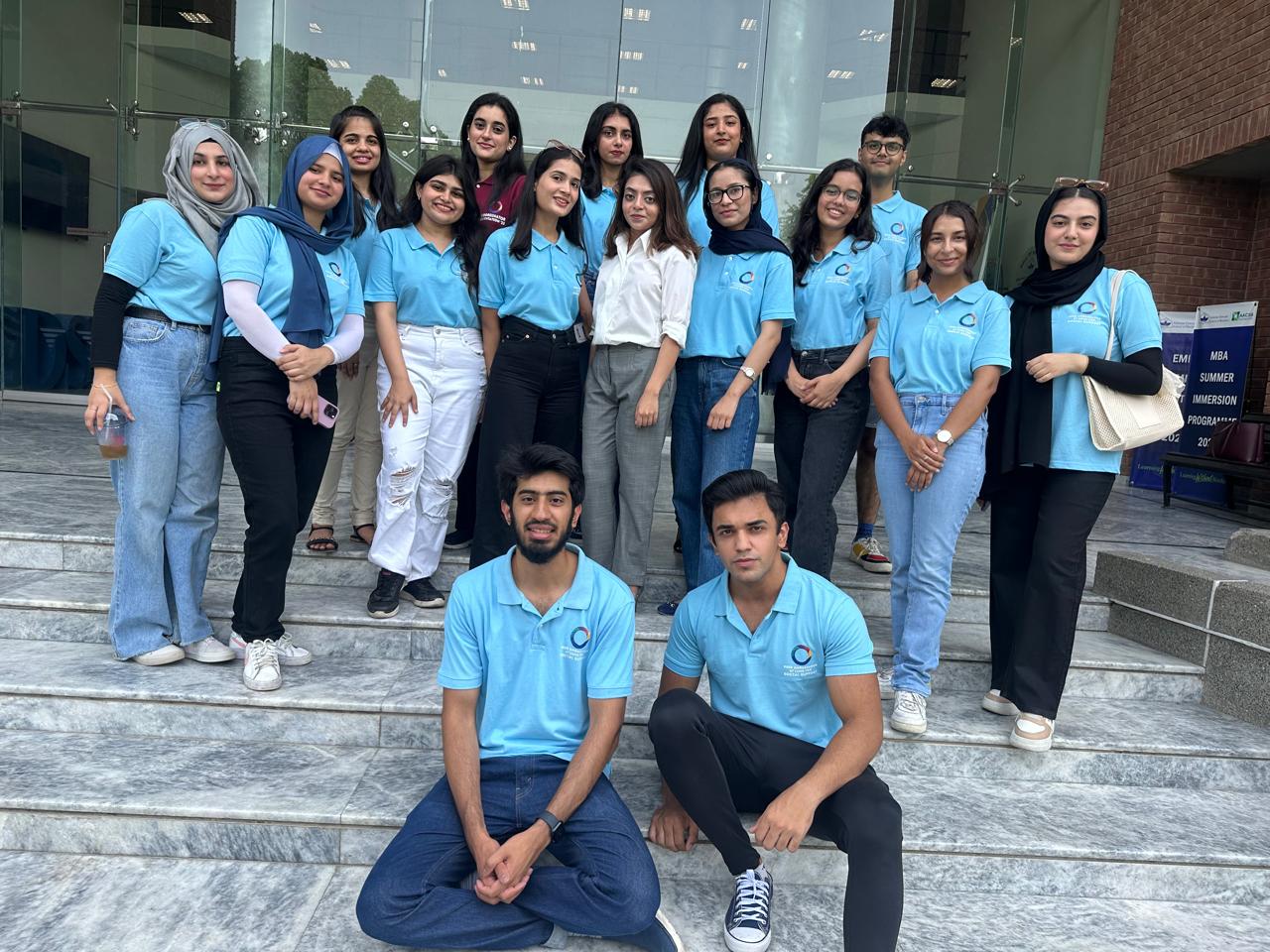
Back in 2022, Pakistan faced one of the most devastating monsoon floods in its history. Over 33 million people were displaced, thousands lost their lives, and countless communities were left in ruins. Watching this catastrophe unfold in her homeland was heart-wrenching for Malik. While traditional fundraising and humanitarian aid efforts were underway, a distressing narrative echoed from flood survivors: ‘We’re dying. We don’t have food or water. Why is the aid not reaching us? Do you not care about us?’
This plea led Malik to dig deeper into the systemic issues in Pakistan’s aid distribution system. Patterns of mismanagement, inefficiency, and a glaring lack of transparency were undeniable. Every year, millions of dollars in aid went unaccounted for during such crises, eroding the trust of international institutions in Pakistan’s ability to manage humanitarian aid effectively.
“It was a defining moment—a call to action that sparked the creation of SavePakistan, Pakistan’s first digital currency-powered fundraising and blockchain-based humanitarian aid distribution platform. The idea was simple yet transformative: leverage cutting-edge technology to address these long-standing challenges and restore faith in the system,” explains Malik.
From the outset, Tayaba—a leading social enterprise renowned for its work in ClimateAction and WASH—wasthe first to recognise the potential of this initiative. Tayaba’s remarkable efforts in providing clean water to climate-vulnerable communities made them an ideal partner for this vision of systemic change. “Together, we mobilised resources and united forces with local and international Web3 communities, along with over 200 passionate youth volunteers. For the first time in Pakistan, aid was distributed with 100% transparency, leveraging blockchain technology. The multiplier effect of digital currency quadrupled every donation, enabling us to deliver essential relief resources to over 30,000 flood survivors within days,” adds Malik.
This collaboration between SavePakistan, Tayaba, and a network of dedicated changemakers showcased how innovation, technology, and collective action could create a ripple of hope and impact in the face of devastation.
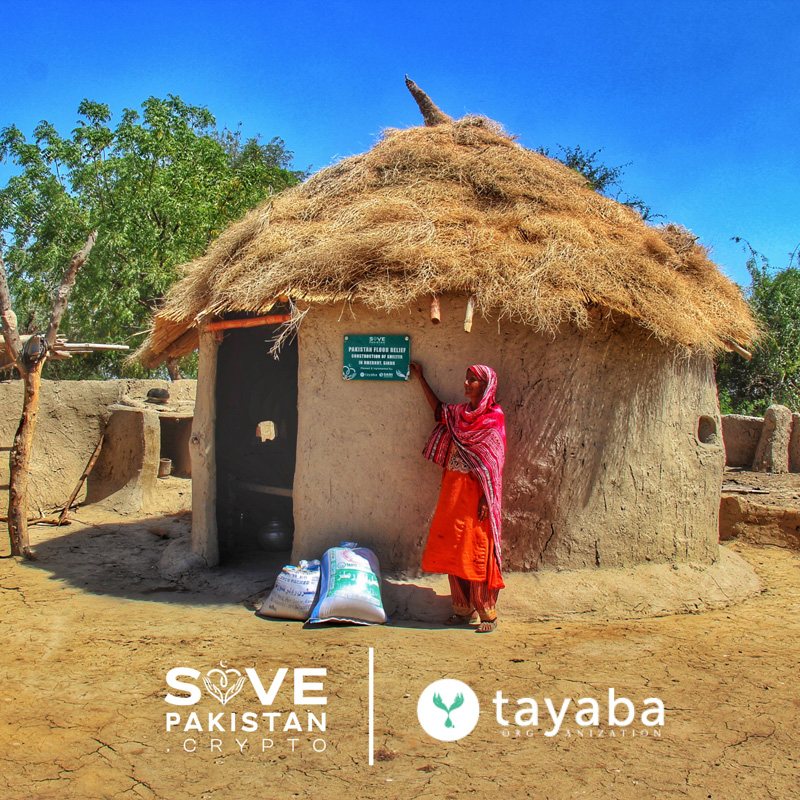
“After leading SavePakistan in 2022 in collaboration with Tayaba, I was drawn to the organisation’s ethos: innovate to create impact,” says Malik. Tayaba’s willingness to embrace challenges and experiment with solutions deeply resonated with her. As someone who had always valued creativity and innovation, Malik knew this was the space where she could contribute meaningfully.
At that time, Malik was a sophomore at LUMS and simultaneously joined Tayaba as the Business Development and Climate Action Lead. Over the past two years, her journey with Tayaba has been one of immense learning, growth, and innovation. During this time, Tayaba’s remarkable trajectory speaks volumes—it has emerged as the fastest-growing social enterprise in Pakistan, transforming over half a million livesthrough access to clean water and sanitation.
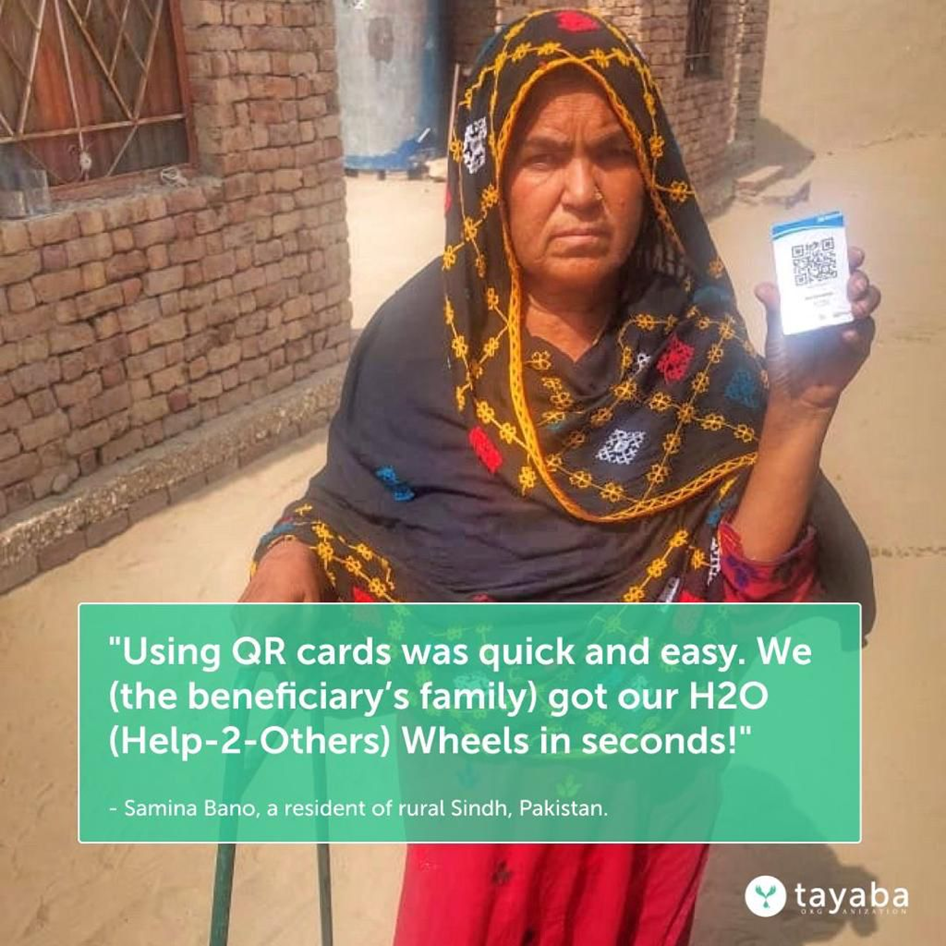
On a personal note, Malik was honoured to receive the Youth for Climate Award from the United Nations Development Programme (UNDP) and the Italian Ministry of Energy Security. This recognition made her the only Pakistani to represent Tayaba’s youth-powered climate action, focusing on environmental literacy and the development of innovative climate solutions, in Turin, Italy. She is now a proud member of the UNDP Youth4Climate Cohort 2024.
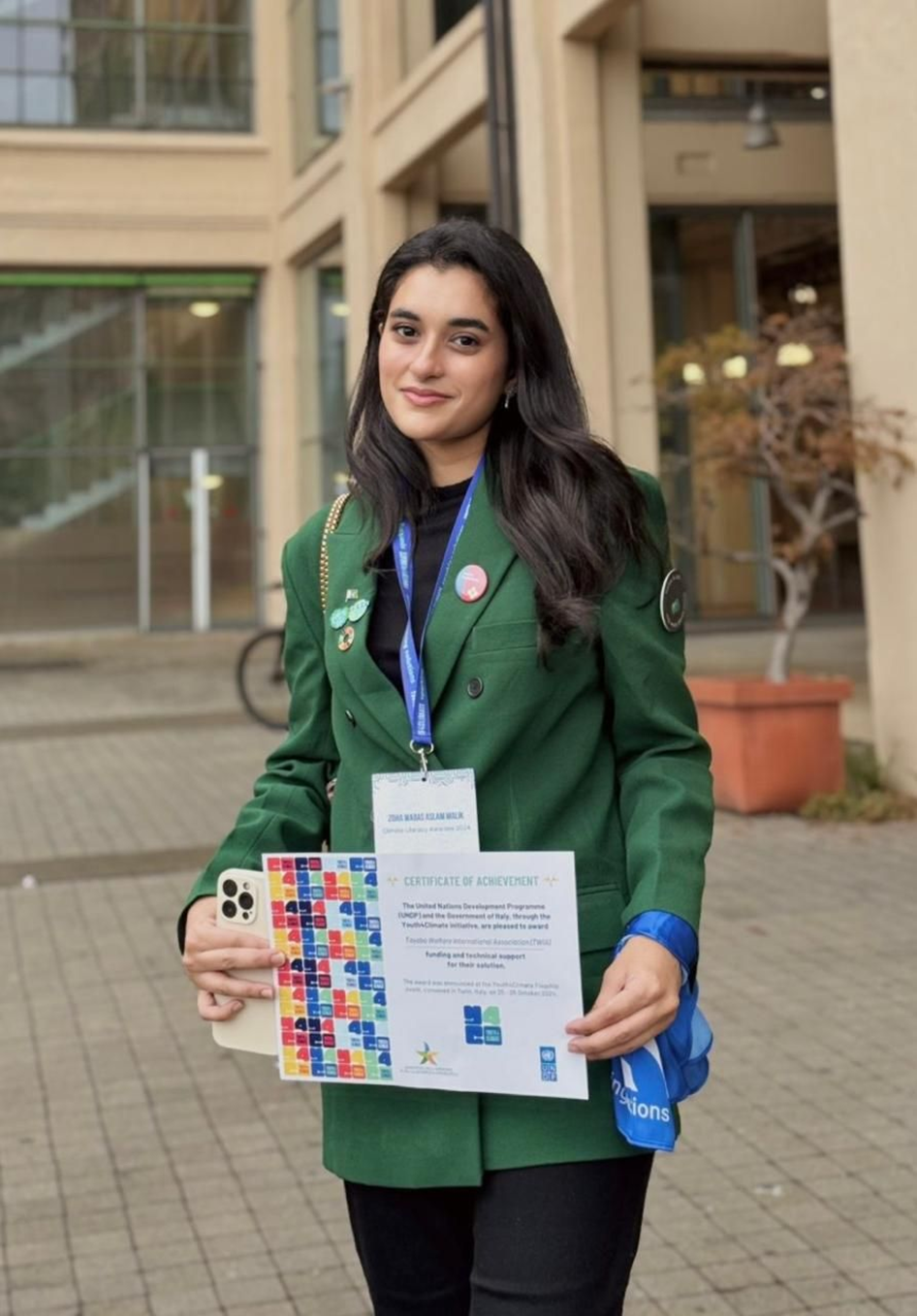
From the very beginning, Tayaba was built on the collective passion of like-minded individuals united by a shared vision: making water an empowering basic human right accessible to all. When the idea of Tayaba began to take shape, Bilal Bin Saqib and Momin Saqib brought together a team to breathe life into their mission. Among the first to join was Nida Yousaf Sheikh, a LUMS alumna with extensive experience in social innovation and development. As Tayaba’s CEO, Sheikh has been instrumental in setting and scaling the organisation’s vision, turning it into one of Pakistan’s fastest-growing social enterprises.
Though small in size, Tayaba’s core team operates with immense dedication and leverages the strength of collaboration, working with over 50 on-ground partners to amplify its impact. In 2022, Malik had the privilege of joining Tayaba through the collaborative SavePakistan initiative, adding her efforts to its innovative projects.
For the past three years, Malik has worked closely with Bilal and Sheikh, who have been not just her mentors but also her greatest supporters. Throughout her journey, both of them have witnessed Malik’s growth firsthand. Their belief in her efforts, both as a student and a young professional, inspired them to nominate Malik for the Diana Award 2024.
“They’ve seen me wear multiple hats during my time at LUMS—leading as the SDSB Peer Advisor for Social Support, serving as an SDSB Buddy through the Office of Student Affairs, graduating with high distinction, and ranking among the top 3% of the SDSB 2024 batch. Now, as the SDSB representative in the Student and Alumni Advisory Board, my journey has come full circle,” says a satisfied Malik.
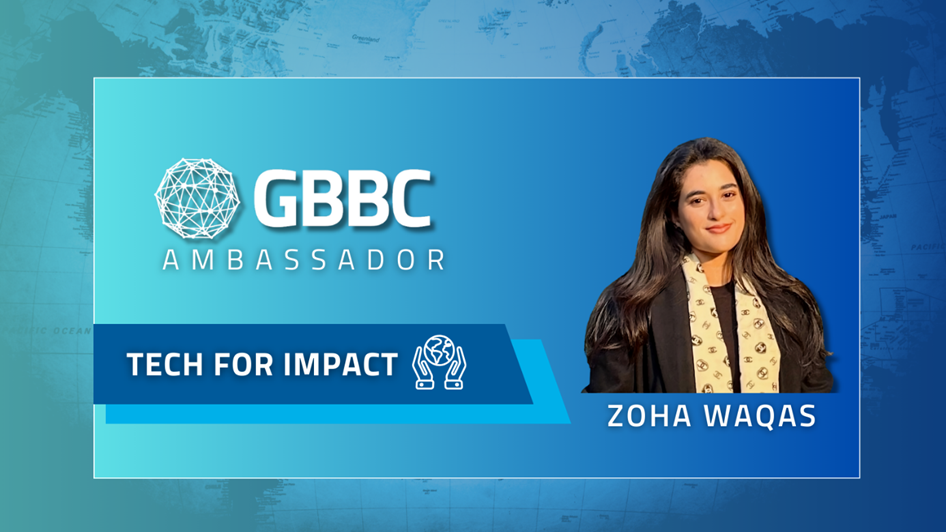
2024 was noted as the the Diana Award’s most competitive year yet, and being recognised for it is an incredible honor for Malik. “This recognition is a testament to the collective journey of mentorship, growth, and impact that I’ve been fortunate to experience,” she says.
With the Diana Award 2024, Malik is all set to leverage and amplify her voice and efforts. “As a young leader representing Pakistan in front of global actors such as the UNDP, the Italian Government, and even the British royalty, I feel a profound responsibility to continue driving change in areas close to my heart: climate action, education, and entrepreneurship. These three cores guide my vision for creating transformative systems,” says Malik.
“My focus will be on building an inclusive business model that prioritises the ‘3Ps’—People, Planet, and Profit,” she adds. “I aim to advocate for and implement solutions that move beyond profit-centric approaches, fostering equity and sustainability in everything we do. Through this award and the networks it connects me to, I hope to drive meaningful change and contribute to making the world a more equitable and sustainable place.”
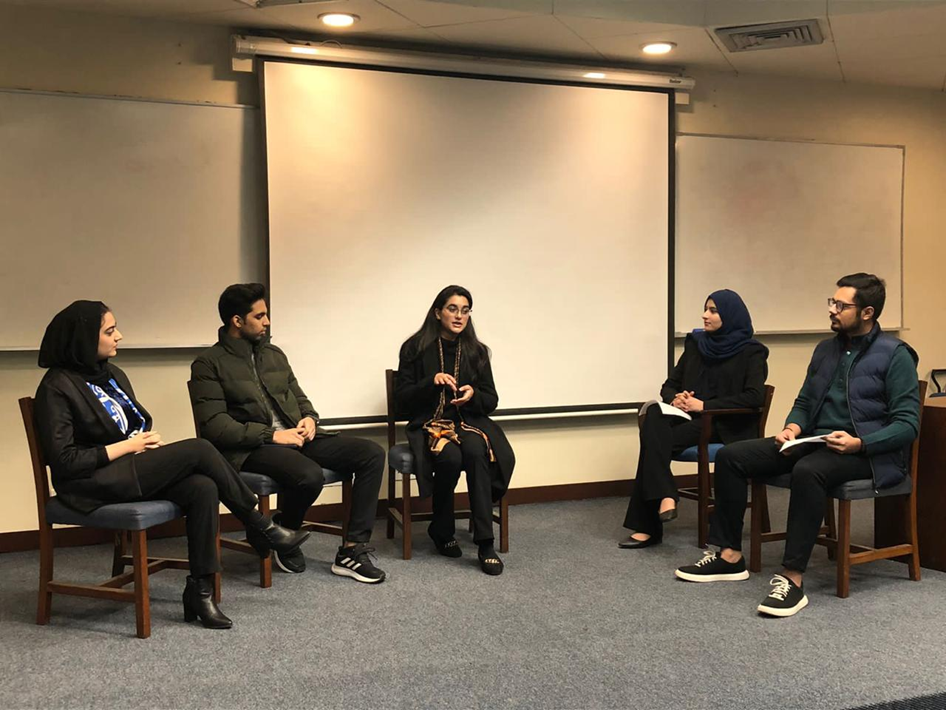
For current students at LUMS, Malik advises, “The journey you're on is not just about the grades or accolades but about the growth you experience along the way. Allow yourself the space to make mistakes and embrace failure—these are just stepping stones towards success. What truly matters is your belief in yourself, staying true to your passions, and nurturing a constant hunger to learn. Success doesn't happen overnight, but if you remain patient, content, and grateful for the process, the impact of your efforts will eventually become evident.”
LUMS wishes Malik the best of luck as she enters the 2024-2025 Diana Award Development Programme!

